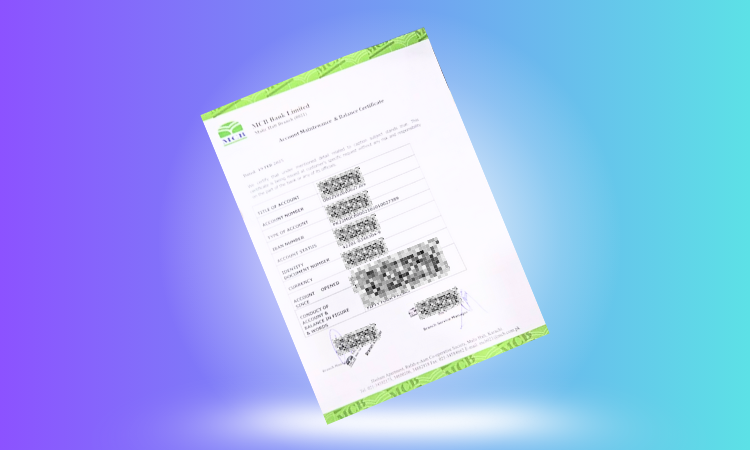
Succession Process for Hindus in Pakistan
Succession Process for Hindus in Pakistan: Requirements and Procedure
Inheritance and succession are critical legal matters, especially when a loved one passes away. In Pakistan, the process for Hindus to claim succession follows a legal procedure that ensures the rightful distribution of the deceased’s assets among legal heirs. Understanding the documentation and process can help Hindu families navigate this situation smoothly. Below is a detailed guide to the succession process for Hindus in Pakistan.
What is Succession?
Succession refers to the legal process of transferring the assets, properties, and financial accounts of a deceased person to their legal heirs. This process is carried out according to personal laws applicable to the Hindu community in Pakistan.
Documents Required for Hindu Succession in Pakistan
To initiate the succession process, certain essential documents must be provided. These include:
- Applicant’s CNIC (Computerized National Identity Card):
- The CNIC of the individual applying for succession must be submitted.
- Legal Heirs’ CNICs:
- The CNICs of all legal heirs must be provided to verify their identity and relationship with the deceased.
- Death Certificate:
- The official death certificate of the deceased, issued by NADRA or the local union council, is mandatory.
- Cancellation Certificate:
- A document confirming the cancellation of the deceased person’s CNIC to prevent any misuse.
- Family Registration Certificate (FRC):
- This certificate, issued by NADRA, establishes the family tree and lists all legal heirs.
- Letter of Authorization:
- If someone other than the legal heirs is applying for succession, an authorization letter signed by the heirs must be provided.
- Religious Declaration for Pakistan Hindu Council:
- A declaration stating that the deceased and the heirs are Hindus, often attested by the Pakistan Hindu Council.
- Original Asset Documents:
- Any property ownership documents, financial statements, or investment details of the deceased.
- Bank Statement with Current Date, Stamp, and Signature:
- If the deceased had bank accounts, an updated statement from the bank is needed, properly stamped and signed by bank officials.
Procedure for Hindu Succession in Pakistan
Once all required documents are gathered, the following steps must be followed:
- Application Filing:
- The legal heirs or an authorized person must file an application for a succession certificate at the relevant court or NADRA.
- Verification of Documents:
- The authorities will verify all submitted documents to confirm the authenticity of the claim.
- Public Notice Issuance:
- A public notice is issued in newspapers to invite objections, if any, from third parties regarding the claim.
- Hearing and Approval:
- If no objections are raised, a hearing is conducted where legal heirs may need to appear.
- Issuance of Succession Certificate:
- Upon successful verification, a succession certificate is issued, allowing the heirs to claim and distribute the deceased’s assets.
Conclusion
The Hindu succession process in Pakistan involves several legal steps and requires proper documentation to ensure the fair distribution of assets. It is advisable to seek legal assistance or consult with the Pakistan Hindu Council for guidance to avoid any legal complications. By following the right procedure and preparing the necessary documents in advance, Hindu families can ensure a smooth transition of assets and financial matters after the loss of a loved one.









